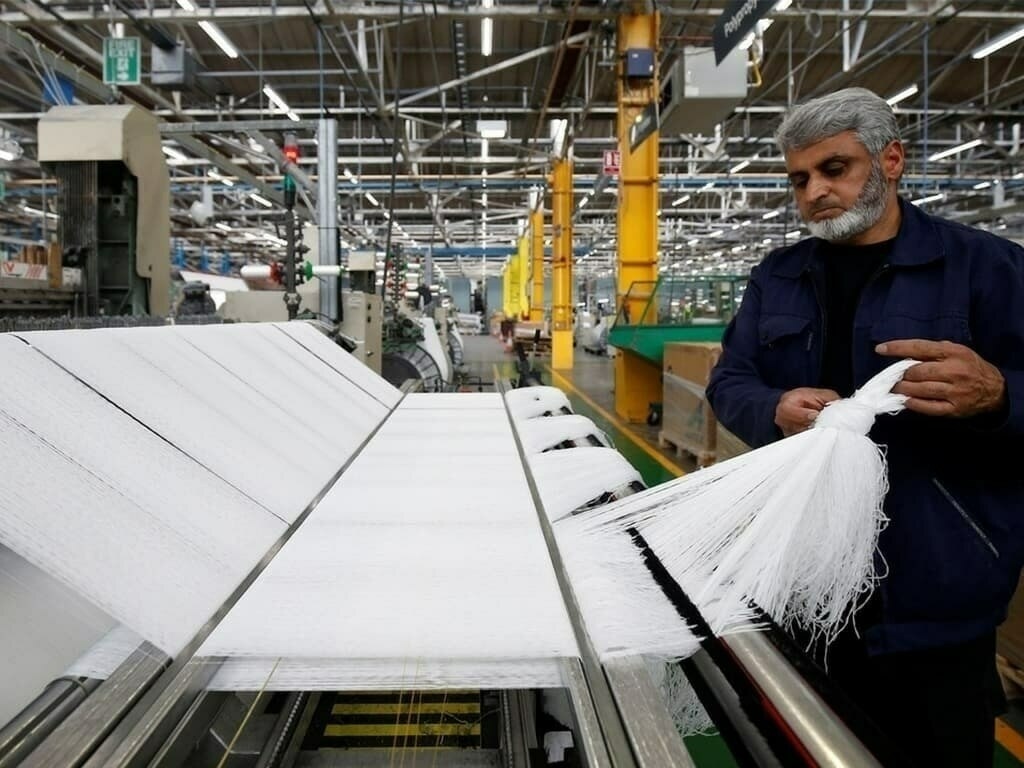The last 1.5 years have been bad news for many segments of society, including businesses. According to a recent report, more than 1600 textile units shut down during the past 1.5 years.
The textile industry used to be Pakistan’s strength, but it has met a tragic fate during the past few years. A report in Dawn News highlights that the entire textile value chain, including ginning, weaving, spinning, processing, and clothing manufacturing, has experienced shutdowns.
The interim commerce minister stated that over the past 16 months, roughly 20 percent of the total capacity in the textile and clothing industry was affected.
Why Is Pakistan’s Textile Industry Facing Tough Times?
- High Energy Costs: The industry faces one of the region’s highest energy tariffs, making production expensive and eroding profitability. This limits the ability to invest in modern equipment.
- Global Competition: Intense competition from countries with lower production costs and more advanced technology places additional pressure on Pakistan’s textile industry.
- Infrastructure Constraints: Inadequate transportation networks result in delays and higher transportation costs. Inefficient ports extend export times and expenses, while insufficient warehousing complicates inventory management.
- Regulatory Hurdles: Complex regulatory procedures and taxation issues create bureaucratic challenges and increase production costs.
- Outdated Machinery: Many mills rely on outdated technology, demanding frequent maintenance and hampering efficiency. This hinders global competitiveness.
- Security Concerns: Security issues in some areas of Pakistan have disrupted supply chains and created logistical difficulties for the industry.
What is the Government Doing to Remedy the Situation?
The government is in the process of creating a strategic plan. This plan aims to offer energy at competitive prices in different regions, provide financial support for everyday operations, quickly process refunds, improve market access, and expand the range of available products.
This policy will enable the country to utilize its production capacity potential fully.





I want china visa